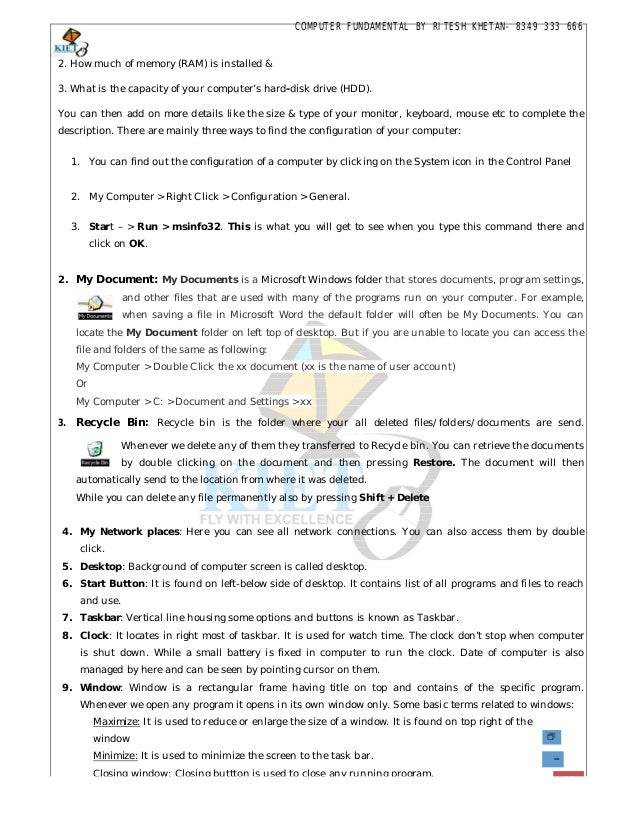History of Computers One could say that the history of the computer started with the abacus, a wooden frame holding two wires with beads strung on them. The beads were moved around, and the abacus was used to solve arithmetic problems. Blaise Pascal built the first digital computer in , which added numbers that were entered with dials Stuck on your essay? Browse essays about History of Computers and find inspiration. Learn by example and become a better writer with Kibin’s suite of essay help services · The first programmable computer 'Turing COLOSSUS' appeared in the year , and by many has been named the first computer to exist. It was used to "decipher World War II coded messages from Germany" (The History of the Computer, ). This was the main task that computers had at that blogger.comted Reading Time: 6 mins
Essay Sample on the History of Computers %%sep%% %%sitename%%
Computers are such an integral part of our society that it is sometimes difficult to Imagine life without them. However, computers as we know them are relatively new devices. In fact, the first electronic computers were built just over fifty years ago. Since that time, the technology has advanced at an astounding rate, with the capacity and speed of computers approximately doubling every two years.
Today, pocket calculators have many times the memory capacity and processing power of the mammoth computers of the 50's and 60's. The abacus, which emerged about 5, years ago in Asia is still in use today, may be considered the first computer.
This device allows users to make computations using a system of sliding beads arranged on a rack. InBlaise Pascalthe year-old son of a French tax collector, invented what he called a numerical wheel calculator to help his father with his duties, history of computers essay. The history of computers can be divided into generations, roughly defined by technological advances, which led to improvements in design, efficiency, and ease history of computers essay use.
First Generation Computers - As the Second World War was about to start, governments sought to develop computers to exploit their potential strategic importance and to help them develop new computerized weapons and new technology. This increased funding for computer development projects.
Second Generation Computers - Intransistors were developed which greatly changed the development of computers. The transistor replaced the large, cumbersome vacuum tube in televisions, radios and computers. As a result, history of computers essay, the size of electronic machinery history of computers essay been shrinking ever since resulting in the creation of new small computers with new transistors and new technology. Third Generation Computers - Though transistors were clearly an improvement over the vacuum tube, they still generated a great deal of heat, wh Continue reading this essay History of computers essay reading.
Toggle navigation MegaEssays. Saved Essays. Topics in Paper. Example Essays. History of Computers. Continue reading this essay Continue reading Page 1 of 2. Next Page. More Essays:. APA MLA Chicago History of Computers. In MegaEssays. com, December 31, MegaEssays, "History of Computers. html accessed May 19,
The History of Computing
, time: 13:42Essay on Computer: 8 Selected Essays on Computer

The history of computers is short but very complicated. Computers have been through lot of changes throughout the past half-century. They also affect our society in many different ways today. The following paper describes how the computers have changed from to present Essay about The History of Computers. Words6 Pages. The first ever computer was invented in the s by Charlse Babbage. However the first electronic digital computer were developed between and in the United States and in the United Kingdom. They were gigantic, originally the size of a large room, and also need to be supply a large amount of power The history of computers can be divided into generations, roughly defined by technological advances, which led to improvements in design, efficiency, and ease of use. First Generation Computers ()- As the Second World War was about to start, governments sought to develop computers to exploit their potential strategic importance and to help them

No comments:
Post a Comment